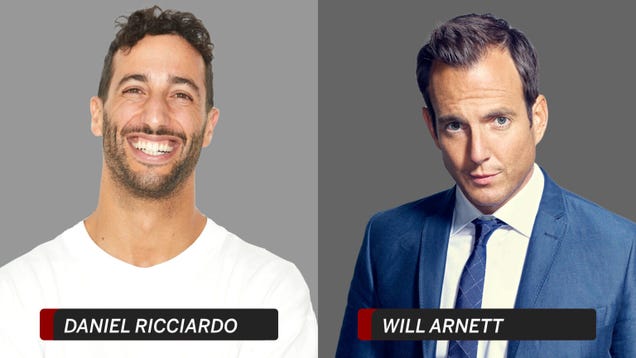The Evolution of Formula 1 Television Coverage: From NBC to F1 TV and Sky Sports F1
Formula 1 is one of the most popular motorsports in the world, with millions of fans tuning in to watch the high-speed action on the track. However, the way in which fans consume Formula 1 has changed dramatically over the years, particularly in terms of television coverage. In this article, we will explore the evolution of Formula 1 television coverage, from NBC to F1 TV and Sky Sports F1.
The NBC Era
For many years, NBC was the go-to channel for Formula 1 fans in the United States. The network had a dedicated team of commentators and analysts who brought the races to life for viewers at home. Leigh Diffey, David Hobbes, and Steve Matchett were the faces of NBC’s Formula 1 coverage, and they quickly became fan favorites.
One of the things that set NBC’s coverage apart was its focus on storytelling. The network’s commentators were not just there to call the action on the track; they also delved into the personal stories of the drivers and teams. This added a human element to the coverage that resonated with fans.
However, NBC’s reign as the home of Formula 1 in the United States came to an end in 2018 when Liberty Media, the new owners of Formula 1, launched their own streaming service called F1 TV.
The Rise of F1 TV
F1 TV was designed to give fans more control over how they watched Formula 1. The streaming service offered live coverage of every race, as well as access to onboard cameras, team radio transmissions, and other exclusive content. Fans could choose which camera angles they wanted to watch, and they could pause, rewind, and replay the action at any time.
While F1 TV was a game-changer for many fans, it did have some drawbacks. The service was plagued by technical issues during its first year, with many fans reporting problems with buffering and poor video quality. Additionally, the service was not available in all countries, which meant that some fans were unable to access it.
Despite these issues, F1 TV has continued to grow in popularity. The service has added new features and content over the years, and it remains a popular choice for fans who want to watch Formula 1 on their own terms.
The Arrival of Sky Sports F1
In addition to launching F1 TV, Liberty Media also signed a new television deal with Sky Sports in the United Kingdom. Under the terms of the deal, Sky Sports became the exclusive home of Formula 1 in the UK, with live coverage of every race.
Sky Sports F1 quickly established itself as a major player in the world of Formula 1 coverage. The network had a team of experienced commentators and analysts, including Martin Brundle, David Croft, and Ted Kravitz. These personalities brought a wealth of knowledge and insight to the coverage, and they quickly became fan favorites.
One of the things that set Sky Sports F1 apart was its use of technology. The network introduced a range of new features, including a virtual reality pit lane and a 360-degree camera that allowed viewers to see the action from every angle. These innovations helped to enhance the viewing experience for fans at home.
However, Sky Sports F1 was not without its critics. Some fans felt that the network’s coverage was too focused on the top teams and drivers, and that it lacked the personal touch that NBC’s coverage had. Additionally, the network’s subscription model meant that fans had to pay extra to watch Formula 1, which was a barrier for some.
The Future of Formula 1 Television Coverage
So, what does the future hold for Formula 1 television coverage? As of now, it seems that F1 TV and Sky Sports F1 will continue to be the primary options for fans who want to watch the races live. However, there are rumblings that Formula 1 may be looking to launch its own streaming service in the future.
If this happens, it could be a game-changer for Formula 1 fans. A dedicated streaming service would give fans even more control over how they watch the races, and it could potentially offer new features and content that are not available on F1 TV or Sky Sports F1.
In the meantime, fans will continue to tune in to watch the high-speed action on the track, whether it’s on NBC, F1 TV, or Sky Sports F1. While each platform has its pros and cons, one thing is certain: the evolution of Formula 1 television coverage is far from over.
Conclusion
Formula 1 television coverage has come a long way over the years, from NBC’s storytelling approach to F1 TV’s innovative streaming service. While each platform has its strengths and weaknesses, they all share a common goal: to bring the excitement of Formula 1 to fans around the world. As technology continues to evolve, it will be interesting to see how Formula 1 television coverage evolves along with it.
